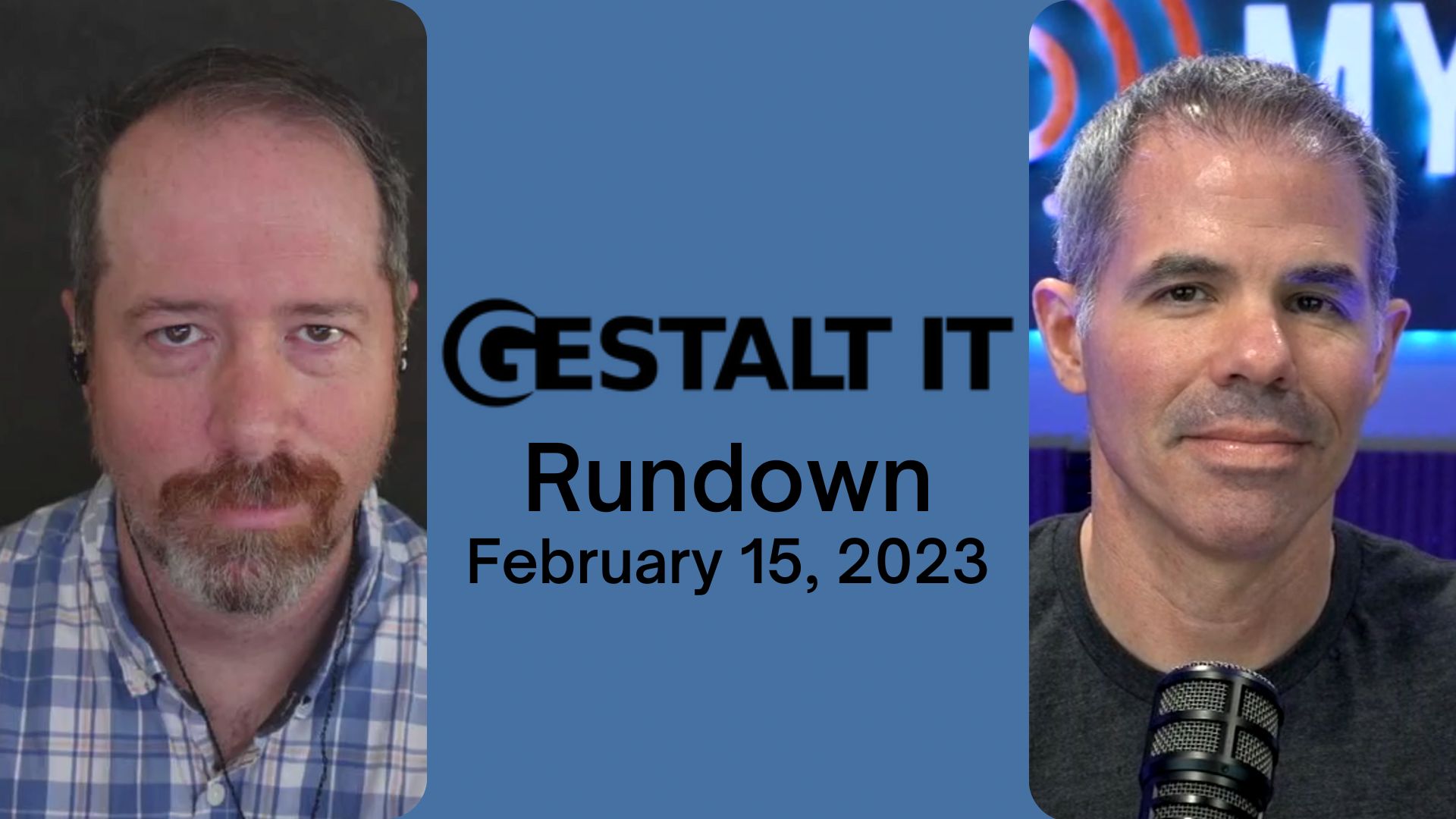When talking about Apple, there’s the temptation to read their nearly vertical growth trajectory as a type of market omniscience. That within the DNA of the company, there is some sort of oracle that allows them to stay a few step ahead of trends from competitors, allowing them to furnish fully baked solutions while others still feel like they are in beta.
Ben Thompson breaks this down as a fallacy, pointing back to several times the company had to hard pivot to catch trends they clearly missed. What’s interesting is that despite Apple’s current dominance, in many ways it makes them less flexible. Whereas Apple pivoted in a year to catch the digital hub wave in the late 90s, the company took three years to move to compete with the Amazon Echo.
But the argument here is not that Apple is doomed. Rather that the company’s rigidity gives the company even more incentive to encourage an Apple-only ecosystem. It’s a shift from a company previously dedicated to hardware only.
In many ways, by Apple embracing services as a continued growth area, they’re banking on becoming a data company over time. This explains their fundamentally conservative approach to privacy, which Apple clearly sees as a differentiator to encourage even more revenue per user.
Ben Thompson comments:
On October 5, 1999, Steve Jobs introduced the iMac DV and a new application called iMovie, declaring:
We think this is going to be the next big thing. Desktop video…which we think is going to be as big as desktop publishing was.
The problem is that “the next big thing” had already arrived: four months earlier Shawn Fanning and Sean Parker had released an app called Napster; I can personally attest that, by the time Jobs introduced the iMac, the music-sharing app had swept over university networks in particular.
Read more at: Apple and the Oak Tree




